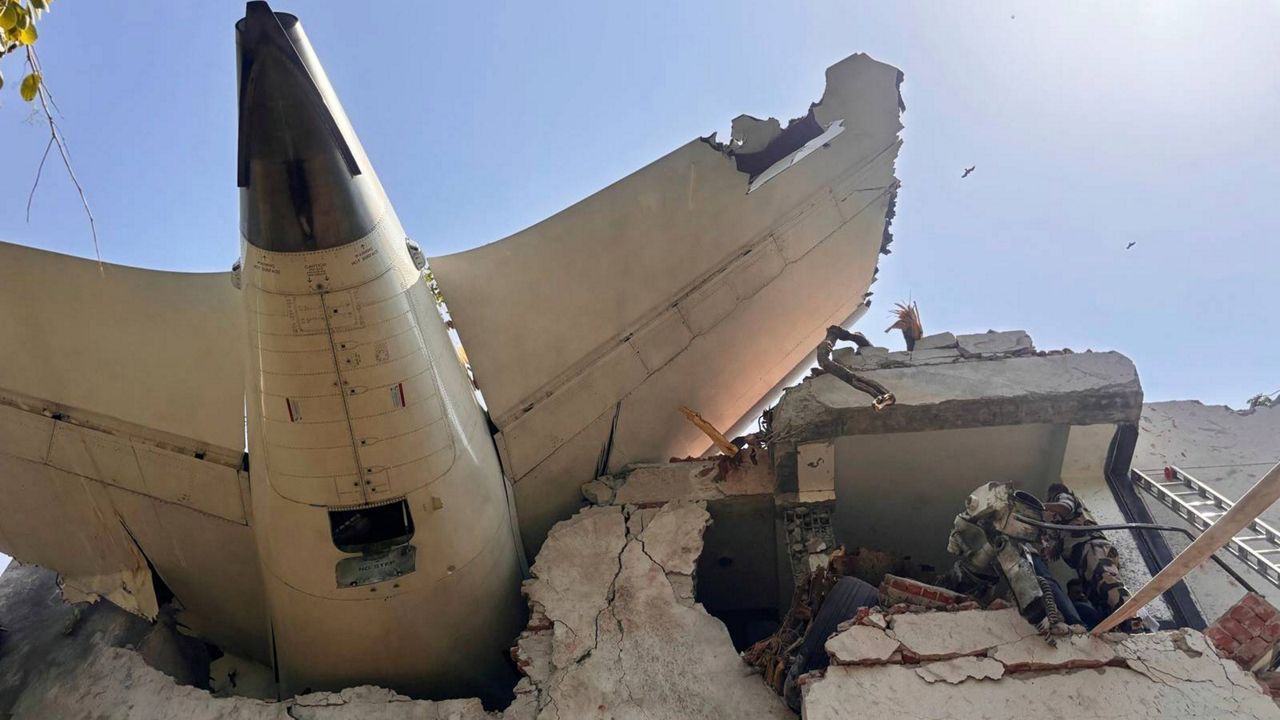RALEIGH, N.C. — The recent rise in gas prices is affecting everybody’s wallet right now, but it’s particularly difficult for people on a fixed income.
What You Need To Know
- Many college students commuting to school or unpaid internships are feeling the impact of high gas prices
- Students are often living on limited budgets
- Some people are choosing to drive cars with better gas mileage
Many college students fit that bill, spending more time on their studies or internships than a full-time job.
N.C. State senior Omar Jaramillo starts his day before the sun is up, doing last minute preparations on his lesson plans. He’s a student teacher at a high school, which is an hour from his house in Raleigh.
“I’m hoping I can give back in a little way and show the next generation that you can do whatever you want to as long as you set your mind to it,” Jaramillo said.
He doesn’t get paid for what is essentially his day job.
“I have to reign it in a little bit on my life so I can focus in on my work and my school, so that’s kinda how this semester is shaking out,” Jaramillo said. “A lot of awkward phone calls like, 'hey dad, can you put more on that card so I can get groceries or if I can get some more gas.'”
Jaramillo drives a truck and filling up is not a joyful experience.
“I think this is affecting a lot of students who are student teaching this semester, not just at N.C. State. You’ve got to think of the whole UNC system,” Jaramillo said.
He knows he’s lucky to have parents to help him pull through, but also acknowledges if gas prices go back down, he won’t be mad about it.
“There’s a lot of things student teachers are doing right now, so it is kinda hard to find time to work and be with our families, get our school work done and get our university work done,” Jaramillo said.








)